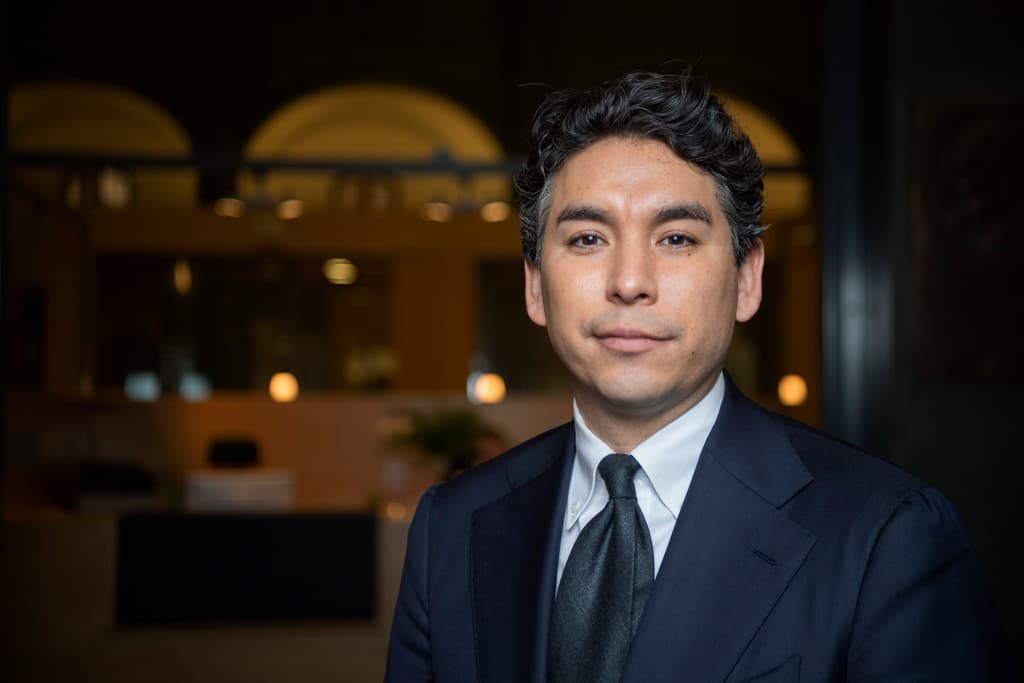For those who have saved on the stock market, it can be frightening with loud headlines about stock market crashes. However, SEB's private economist Américo Fernández warns against letting such feelings turn into short-term thinking about quickly reallocating one's savings.
It's a classic herd behavior, unfortunately, and then it's the households that are last on the ball. Then there's a risk that you sell at the bottom and have to buy back in when all the headlines are positive again, which is likely to be at the top.
Long-term perspective
Maria Landeborn, senior strategist at Danske Bank, emphasizes that most Swedish savers have a long-term perspective. Therefore, one should not start selling off one's portfolio based on the market's short-term fluctuations.
And if you have a monthly savings, don't stop it. If we get a period when the stock market goes down a bit, you'll buy a bit cheaper. Sooner or later, the stock market will turn around, and then the money will start growing again.
Advertisement
However, if you have a short-term perspective and know that you'll need the money soon, for example, to buy a home, it's a different story.
But then the money shouldn't be on the stock market, and that applies regardless of whether it's going up or down, says Maria Landeborn.
Américo Fernández is on the same track:
If you feel that "no, I won't be able to handle this", then it's a sign that you likely have the wrong money on the stock market. If this hurts too much in your wallet, you probably have more money on the stock market than you should have.
Advertisement
Think about exposure
Frida Bratt, savings economist at Nordnet, agrees that monthly savings on the stock market is a good way to be able to buy when funds and shares become cheaper. At the same time, she understands why the fall worries savers.
Unfortunately, it's so that many become interested in the stock market when it's going well and then get scared when it falls. But that's how the stock market behaves. There are often setbacks after seeing big gains, as we have done for a while now. It's important to look at your returns in a longer perspective.
If you haven't done so before, it's a good idea to review your exposure in your stock savings, so you're not too dependent on individual markets, says Frida Bratt.
Having, for example, a global fund, a European fund, an emerging market fund, i.e., a good spread, is the best protection in this situation.
Advertisement






